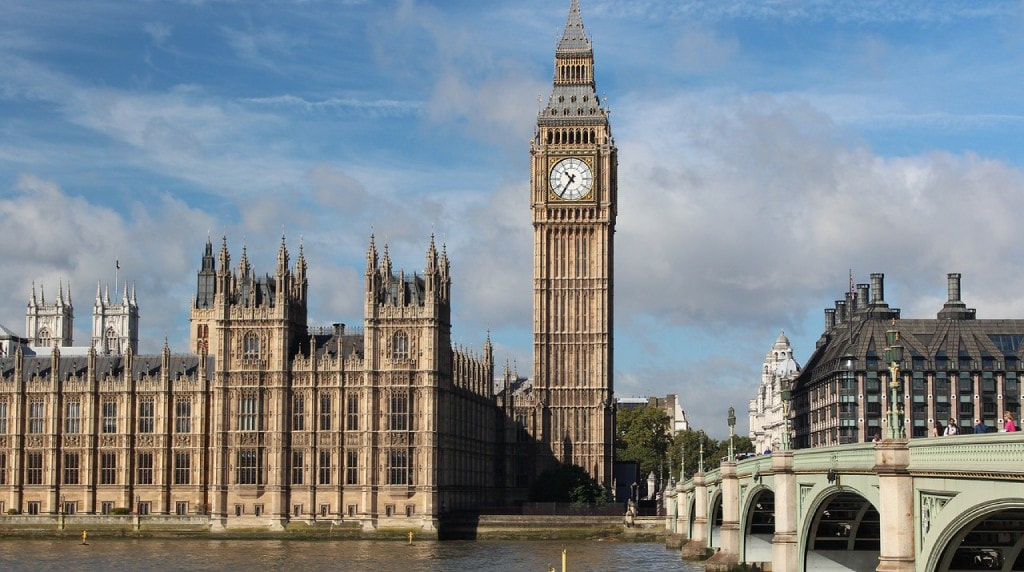UKGC Betting Controversy: Not Guilty Pleas for Most Involved
Those involved in the UKGC election betting scandal have entered their pleas; nearly all of these are not guilty.

Most Election Bettors Enter Not Guilty Pleas © Mary_R_Smith Pixabay
Key Facts:
- The UK Gambling Commission’s election betting case has reached a UK court
- A total of 15 people have been charged of cheating using insider information
- The majority of them have pleaded not guilty, with the remaining three entering no plea
Back in June 2024, the Gambling Commission began an investigation following a tip it received from an operator. One of the operator’s members, someone described as politically sensitive, had placed a wager on the date of the next general election.
It soon transpired that more people with political links had placed similar bets. These included a police officer who was part of the Prime Minister’s personal protection team and even the ex-MP Craig Williams. The police officer was subsequently arrested for his betting activity.
The snap election that people had placed wagers on ended up getting called for 4 July. This election saw Labour become the UK’s leading political party, having won by quite a significant lead over the Conservative party.
The Met Police conducted a probe into illegal betting after reports suggested seven officers could have placed bets on the election. The problem with such an act is that the officers would have had insider information, virtually guaranteeing their bets would win.
Under Section 42 of the Gambling Act 2005, it’s illegal to place bets if you have insider information about whatever you’re betting on. Although no police officers were formally charged following the Met’s investigation, the force said the officers could still face criminal charges from the UK Gambling Commission.
The UKGC Election Betting Case Reaches Court
The election betting scandal involves a total of 15 people across various industries and sectors. All of them have been accused of placing bets on the general election date while having access to insider information. A dozen have pleaded not guilty.
As for the remaining three, they’ve all decided not to enter a plea. These are Jeremy Hunt, former police officer; Jacob Wilmer, a Conservative Party special advisor; and Craig Williams, parliamentary private secretary to previous Prime Minister Rishi Sunak and former MP for Montgomeryshire.
The dozen who have pleaded not guilty include Anthony Hind, deputy digital director for the Conservative Party; Thomas James, director of the Welsh Conservatives; Laura Saunders, a candidate for Bristol North; and Anthony Lee, director of campaigning for the Conservatives.
Potential Outcomes
The defendants are scheduled to reappear at a hearing at Southwark Crown Court on 11 July. Three of the 15 people charged – Craig Williams, Anthony Lee and Anthony Hind – have extra charges of enabling or assisting someone to cheat at gambling.
The maximum punishment for cheating under Section 42 of the Gambling Act 2005 depends on whether the case is filed in a criminal or magistrate’s court. If it’s a criminal court, defendants could receive a fine or be imprisoned for two years.
The case was filed at a magistrate’s court, so the potential punishments the defendants face will be less severe. If found guilty, they could have to pay a fine or spend up to six months in prison. It’s not clear what punishments the defendants will receive.

 Reelplay’s Pearl Reef Gigablox Multimax Coming to Online Casinos
Reelplay’s Pearl Reef Gigablox Multimax Coming to Online Casinos
 Spin the Reels of the Pharaoh’s Last Wish Slot from Relax Gaming
Spin the Reels of the Pharaoh’s Last Wish Slot from Relax Gaming
 Stormcraft Studios’ New Slot Thunderstruck Stormblitz Out Now
Stormcraft Studios’ New Slot Thunderstruck Stormblitz Out Now
 F1 Is Back, Starting With Netflix’s Drive to Survive on Friday
F1 Is Back, Starting With Netflix’s Drive to Survive on Friday